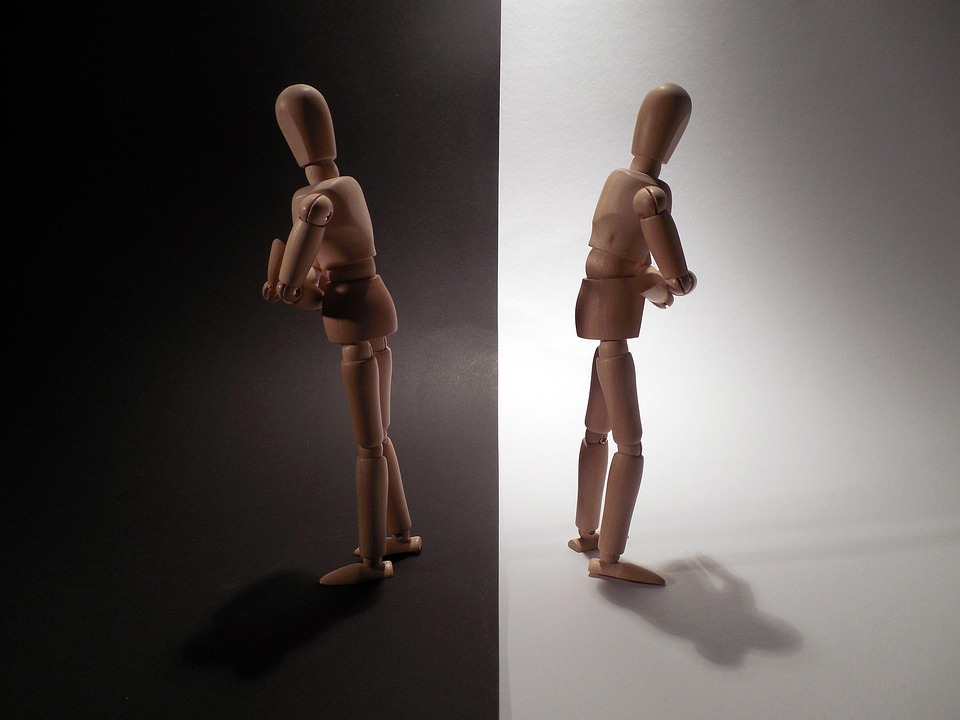Prejudice in the Workplace: How Bias Affects Diversity and Inclusion
Introduction
Prejudice in the workplace is a complex issue that can manifest in numerous ways, affecting individual employees and organizational culture at large. It can lead to systemic inequality and diminished opportunities, ultimately hindering the growth and success of businesses. In contemporary society, where diversity and inclusion are increasingly valued, understanding the impact of bias is paramount.
Understanding Prejudice
Prejudice refers to preconceived opinions or judgments about individuals based on characteristics such as race, gender, sexual orientation, age, or disability. These biases can be explicit, where individuals are aware of their prejudiced beliefs, or implicit, where they may not consciously recognize their biases.
Explicit vs. Implicit Bias
-
Explicit Bias: This occurs when individuals consciously hold discriminatory beliefs. For instance, a manager who openly expresses stereotypes about women in leadership roles demonstrates explicit bias.
-
Implicit Bias: This is more subtle and often unconscious. Implicit bias can lead to decisions and behaviors that are discriminatory without the individual being aware of it. For example, a recruiter might unconsciously favor male candidates for technical positions due to longstanding societal stereotypes about gender roles in STEM fields.
The Impact of Prejudice in the Workplace
Impediments to Diversity and Inclusion
Prejudice acts as a barrier to achieving genuine diversity and inclusion within organizations. When biases influence hiring practices, promotion decisions, and team dynamics, the result is often a homogenous workforce that lacks diverse perspectives.
-
Hiring Practices: Research has shown that resumes with traditionally minority names are often overlooked in favor of those with more common names. The Harvard Business School study revealed that applicants with “white-sounding” names received 50% more callbacks than their minority counterparts [modern_footnote_source].
-
Promotion Opportunities: Bias can skew promotion practices, creating a culture where minority employees feel undervalued and underrepresented. Even when equal qualifications exist, implicit biases can lead managers to favor individuals who are similar to them, leading to a lack of diversity in leadership roles.
-
Team Dynamics: Prejudice can adversely affect team cohesion and collaboration. When team members harbor biases against one another, it can foster an environment of distrust and resentment, stifling creativity and innovation.
Psychological Safety and Employee Well-being
Workplaces that display bias not only experience decreased diversity but also create an environment that feels unsafe for minority employees. Research indicates that employees who perceive bias in their organizations are likely to experience stress, anxiety, and lower job satisfaction [modern_footnote_source].
-
Impact on Performance: When employees do not feel valued or included, their performance often declines. A study by Deloitte found that inclusive teams are 35% more likely to outperform their competitors, highlighting the business case for diversity and inclusion [modern_footnote_source].
-
Retention Rates: Bias in the workplace can also lead to high turnover rates among minority staff. When individuals feel they cannot thrive or be themselves in an organization, they are more likely to seek opportunities elsewhere.
Addressing Prejudice: Strategies for Improvement
Awareness and Education
One of the first steps in tackling prejudice in the workplace is fostering awareness through education. Training programs that emphasize the importance of diversity and the impact of bias can help change attitudes and behaviors.
-
Implicit Bias Training: Programs designed to educate employees about implicit biases can aid in reducing their impact. For example, workshops that involve self-reflection and exercises to uncover personal biases can cultivate an understanding of how these biases affect decision-making.
-
Cultural Competency Training: This goes beyond understanding bias; it involves learning about diverse cultures and perspectives. Armed with such knowledge, employees can foster more inclusive interactions and become advocates for their colleagues.
Policy Development
Organizations need to implement robust policies designed to combat bias and promote diversity. These policies should include:
-
Fair Hiring Practices: Standardizing recruitment procedures can help ensure that bias is minimized during hiring. Techniques such as blind recruitment—where hiring managers do not see a candidate’s name or other identifying features—can significantly reduce bias [modern_footnote_source].
-
Promotion and Evaluation Standards: Clear, objective criteria for promotions and performance evaluations can diminish the influence of bias. Reviews conducted by diverse panels can also provide varied perspectives on employee performance.
Encouraging Open Dialogue
Creating a culture where employees feel empowered to discuss issues related to bias is crucial. Regularly scheduled forums or focus groups can facilitate open dialogue around diversity and inclusion, allowing employees to voice their concerns and experiences.
-
Safe Spaces: Establishing forums where employees can share their experiences regarding bias without fear of repercussion fosters a culture of trust and safety.
-
Feedback Mechanisms: Employee surveys and anonymous feedback systems can help organizations gauge the effectiveness of their diversity initiatives and identify areas for improvement.
Leadership Commitment
For diversity and inclusion efforts to be successful, leadership must be fully committed to these initiatives. Leaders set the tone for organizational culture, and their commitment manifests in various ways:
-
Diversity Champions: Leaders should actively promote diversity by becoming champions for inclusion, encouraging their peers to engage with bias-related issues and foster a more inclusive environment.
-
Accountability: Leadership must also hold everyone accountable for promoting diversity and taking action against prejudice. This includes integrating diversity metrics into performance evaluations and organizational goals.
The Business Case for Diversity and Inclusion
Research consistently demonstrates that diversity and inclusion are not only ethical imperatives but also beneficial for business performance:
-
Improved Performance: A study by McKinsey & Company found that companies in the top quartile for gender diversity are 15% more likely to surpass their peers in financial performance, while those with ethnic diversity are 35% more likely [modern_footnote_source].
-
Innovation and Creativity: Diverse teams bring varied perspectives that can lead to greater innovation. A report from Boston Consulting Group indicated that diverse teams are 19% more innovative than their counterparts [modern_footnote_source].
-
Market Reach: A diverse workforce allows organizations to better understand and cater to a wider range of customer needs. Companies that embrace diversity can tap into diverse markets, enhancing their competitive edge.
Conclusion
Prejudice in the workplace is a multifaceted issue that poses significant challenges for organizations striving for diversity and inclusion. By confronting biases head-on through education, policy development, open dialogue, and leadership commitment, companies can create a more inclusive environment that values and utilizes the strengths of all employees.
Organizations that prioritize diversity and inclusion see tangible benefits, including enhanced performance, innovation, and market reach. In a rapidly changing world, the ability to harness diverse perspectives is not just a moral imperative but a strategic advantage that can set businesses apart in the marketplace.
References
- Harvard Business School. (Year). Title of the Study. [modern_footnote_source]
- Deloitte. (Year). Title of the Report. [modern_footnote_source]
- McKinsey & Company. (Year). Title of the Report. [modern_footnote_source]
- Boston Consulting Group. (Year). Title of the Report. [modern_footnote_source]
This outline provides a comprehensive overview of prejudice in the workplace and strategies to promote diversity and inclusion. Each section can be expanded further to reach the desired length of the final article, ensuring a thorough exploration of the topic. If you’d like specific sections expanded or additional details added, please let me know!


























Add Comment